Learn about how a variation on a game of “fetch” can save lives.


Learn about how a variation on a game of “fetch” can save lives.
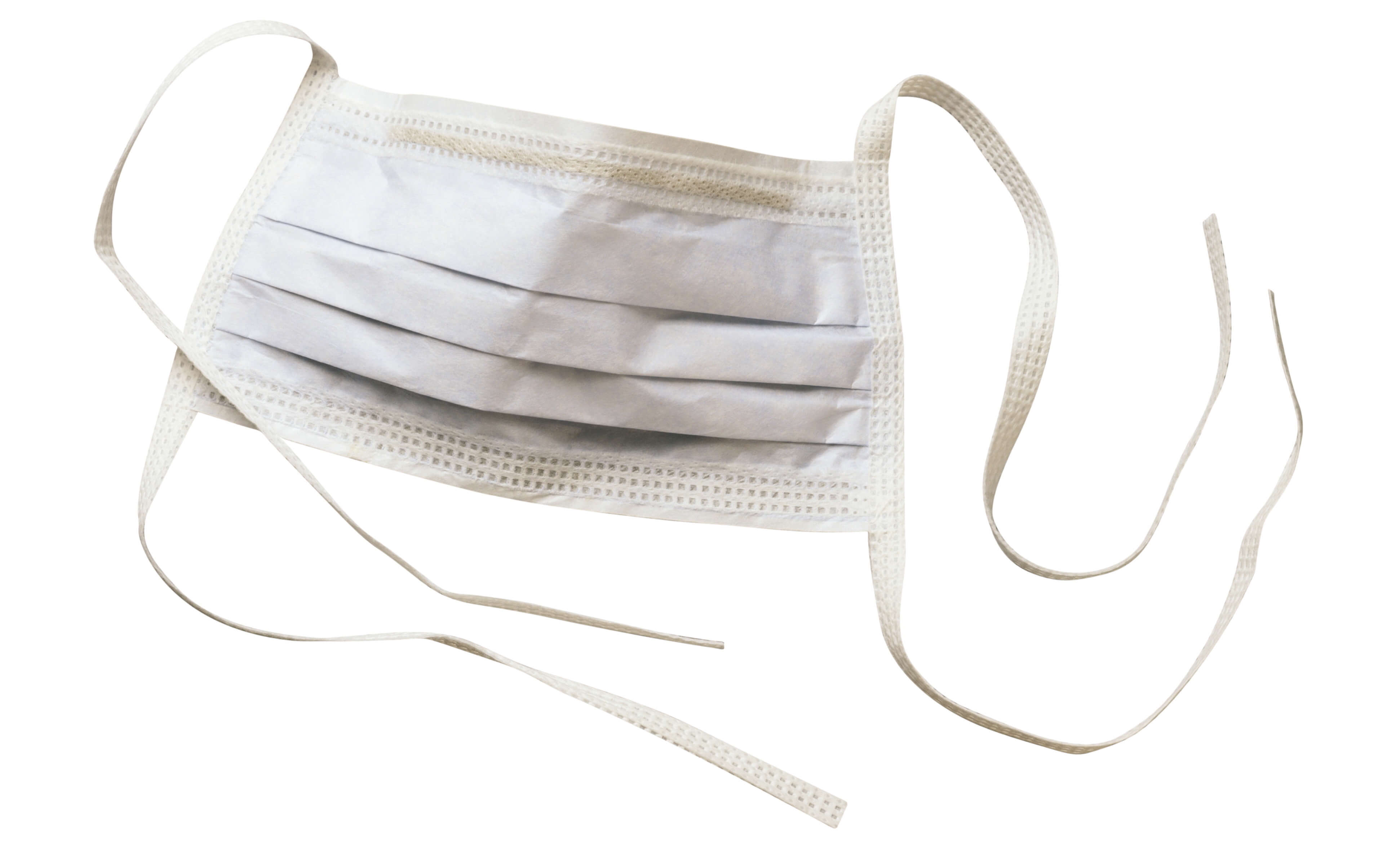
Clean-up volunteers and scientists question what can be done to address the increase in disposable masks and gloves littering land and oceans.
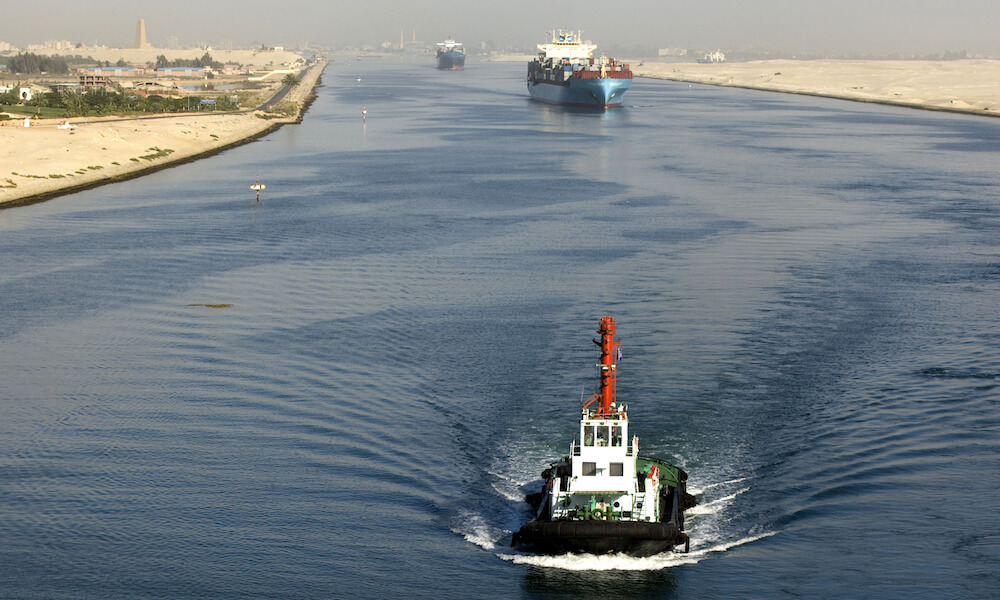
Watch the short video and skim the article and images to find out more about what it took to get a giant container unstuck in Egypt’s Suez Canal.

Most nursing homes haven’t been admitting visitors during the pandemic. Dogs have become a welcomed distraction to lift elderly peoples’ spirits while they remain isolated.

Skim through these questions and answers about the new COVID vaccine.
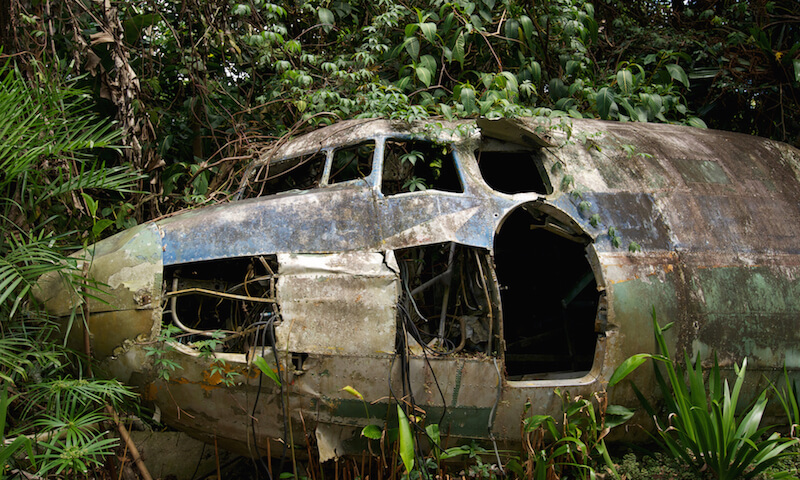
Juliane Koepcke recounts surviving a plane crash and eleven days alone in the Peruvian jungle decades earlier.
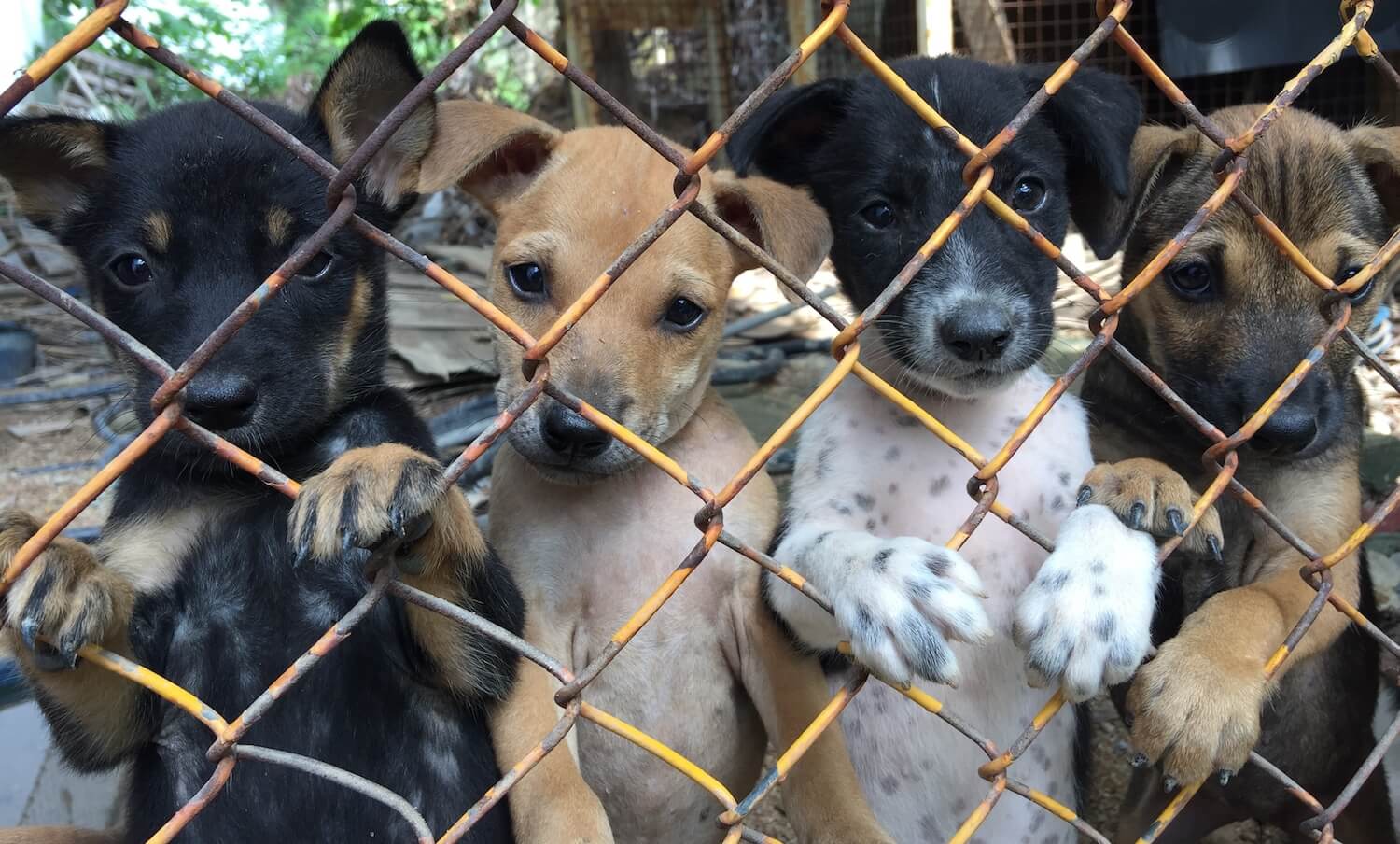
Ricardo Pimentel opened his home to about 300 dogs who, otherwise, may not have survived Hurricane Delta last month.
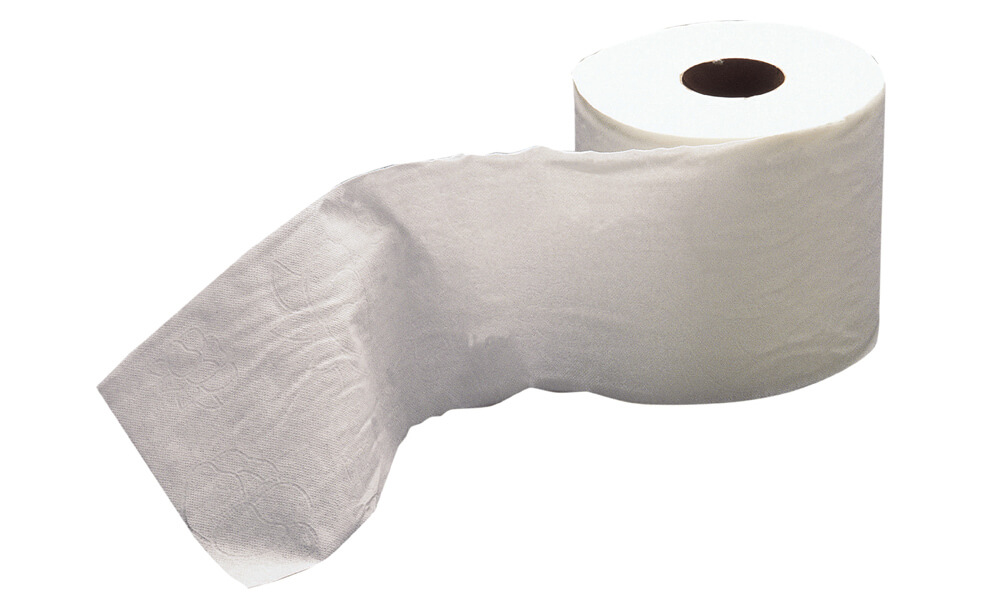
Panic buying? Hoarding toilet paper? This article explores the different ways people have responded to the COVID-19 pandemic.

Could the coronavirus crisis compel a divided America to become more unified? According to this article, we’re living in “a national defining moment.”

Washington’s NFL team retires “Redskins” name after decades of criticisms in the wake of recent racial injustices.

Unlike most artists, Andy Goldsworthy, the subject of the documentary film Rivers and Tides, does not intend for his work to last. Find out more about this unusual and influential artist.

It’s hard to predict how we’ll react in a crisis until one occurs. Some people spring into action, while others freeze. Find out how you can prepare yourself to respond well when things go wrong.

A global pandemic shines a light on how different nations respond to a crisis. Read about why some countries have had better results than others.

“Video games are a waste of time!” How many times have you heard that? One game designer thinks the contrary—that games and the skills they develop in gamers could be the key to solving some of the biggest challenges facing the real world.
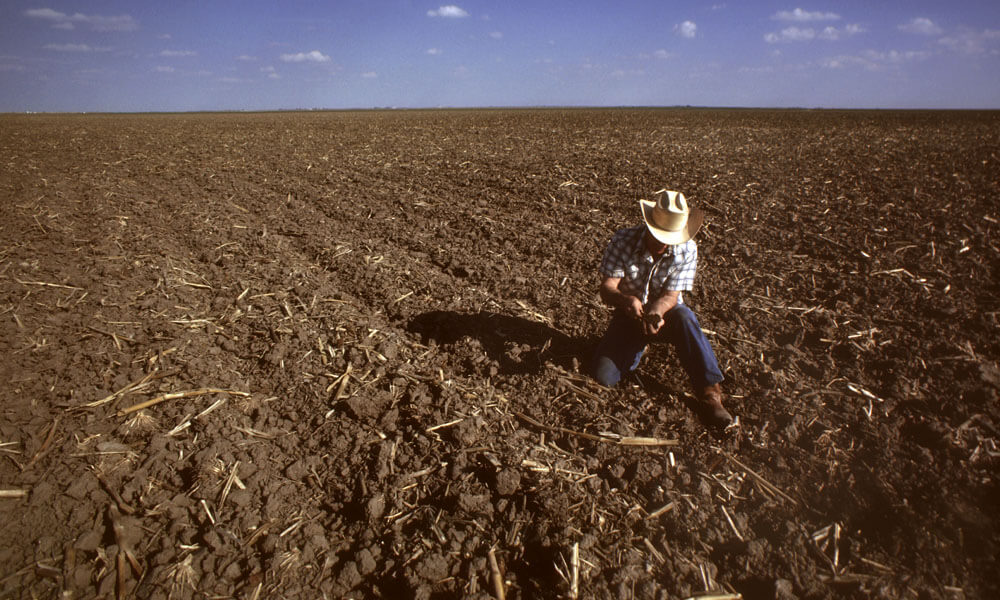
This article suggests that although many American farmers have doubts about the causes of climate change, they are willing to work with scientists to solve the problems presented by extreme weather events.

Nearly every nation on earth—except for the United States—primarily uses the metric system for all weights and measures. With its clear base-10 relationships among measurements, the metric system is easy to use. So why does the United States still mainly use the far more complicated customary measures? How Stuff Works explores the American resistance to change.

Teens may be more immersed in the digital world than their parents, and that’s a good thing for their brains. This article explores how technology is making teens’ brains more flexible and better able to adapt to change.

Changing from using one language to another can be a challenge, one that is made even more difficult by reminders of one’s home country. This article by Emily Underwood explains why.

The author of this opinion piece shares his perspective on how the world has changed as a result of the 9/11 attacks.
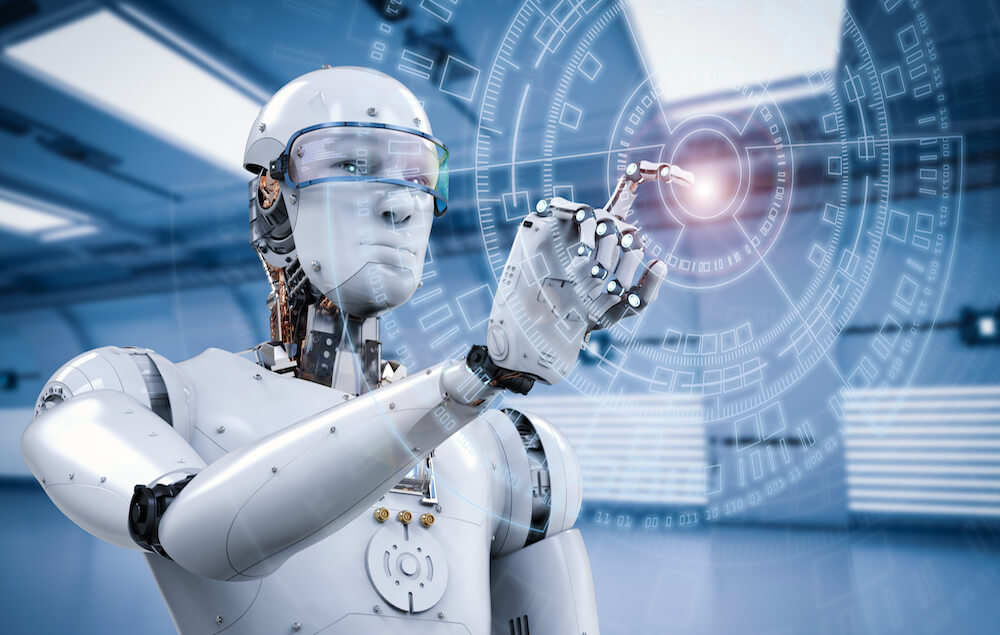
Our world demands more and more from technology, but could it ultimately be dangerous? Watch the video and decide for yourself.